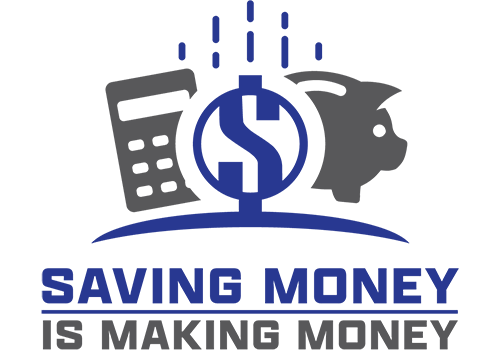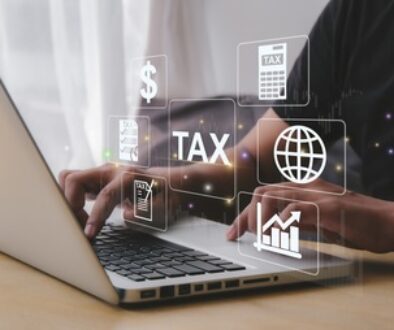The Sharing Economy: Tax and More
Summary: The sharing economy is based on peer-to-peer activity — acquiring, providing or sharing access to goods and services. Click through to see how it’s facilitated by community-based online platforms.
The internet has made it easier for owners of goods and people who are seeking to use those goods to find each other. Individuals and groups can make money from underused assets. Parked cars and spare bedrooms can be rented out when not in use.
Zipcar and Airbnb are examples of the sharing economy, which refers to a host of online economic transactions that sometimes includes business-to-business interactions. Examples of the sharing economy include:

- Coworking — Companies provide shared open workspaces for freelancers, entrepreneurs and work-from-home employees in major metropolitan areas.
- Peer-to-peer lending platforms — Individuals lend money to each other at rates cheaper than those offered through traditional credit lending entities.
- Fashion platforms — Individuals sell or rent clothes.
- Freelancing platforms — Sites match freelance workers, from writers and editors to home handymen, with clients.
The sharing economy is expected to grow from its early value of $14 billion in 2014 to a forecasted $335 billion by 2025.
However, the problem with the sharing economy is that it’s a challenge to regulate. Lack of government oversight may lead to abuses by buyers and sellers: hidden cameras in rented rooms, unfair treatment of ridesharing contractors or their riders, and even murders of customers.
There’s a fear that sharing information on these online platforms can create racial or gender bias. This can be deliberate, or it can be an inadvertent side effect of actions such as penalizing users for their credit history without accounting for racial bias in the credit rating system. As the sharing economy evolves, companies in this economy have pledged to combat bias in their users and algorithms by deliberately limiting the availability of information about buyers and sellers.
The tax situation
What if you’re a taxpayer who participates in the sharing economy? For starters, you can check the IRS Sharing Economy Tax Center on IRS.gov. Here are several factors to consider about how the sharing economy might affect your taxes:
- The activity is taxable even if:
- The activity is part time.
- It’s something you do on the side.
- The payments are in cash.
- Some expenses are deductible. If you’re using your car for business, you may qualify to claim the standard mileage rate.
- If you rent out your home or apartment, but also live in it during the year, special rules apply to your taxes. Consult with a professional to find out the rules for your situation.
- Sharing economy participants may need to make quarterly estimated tax payments, as do many businesses.
- Check your withholding. If you also work as an employee with a sharing economy gig on the side, you may be able to avoid estimated tax payments by having more tax withheld from your paycheck.
As we become more digitally connected, the sharing economy is expected to advance. Technology has been the biggest driver behind the sharing economy’s growth, with affordability, convenience and efficiency adding to its attractions. Micro-transactions and peer-to-peer reviewing have facilitated ease and trust in online sharing, while a cultural shift has millennials and Gen Z folks becoming more comfortable with accessing goods than owning them. The lack of overhead and inventory helps sharing-based businesses run lean, allowing pass-through value to customers and partners.
This is just an introduction to a complex topic. If you’re involved in the sharing economy, work closely with legal and financial professionals.
©2021

